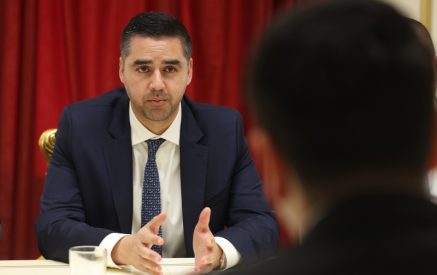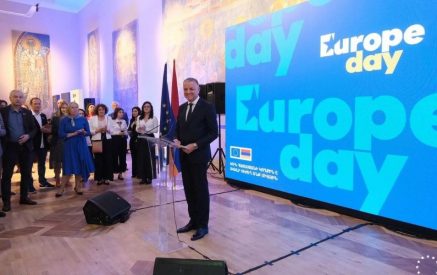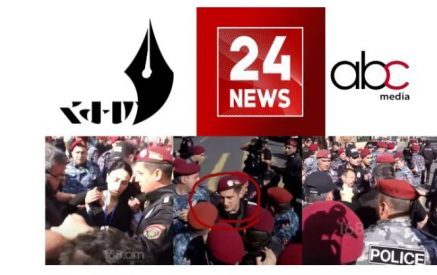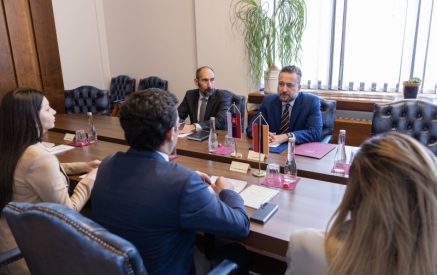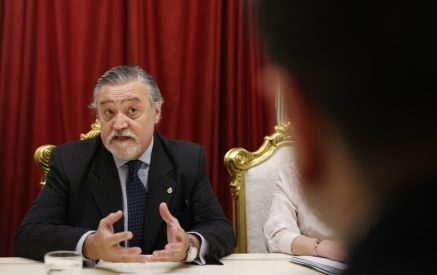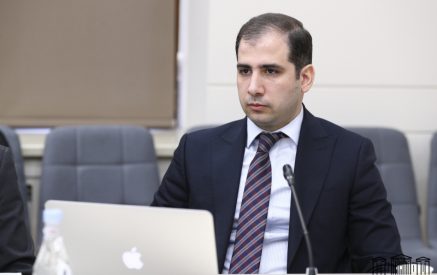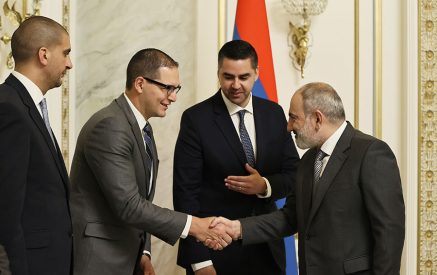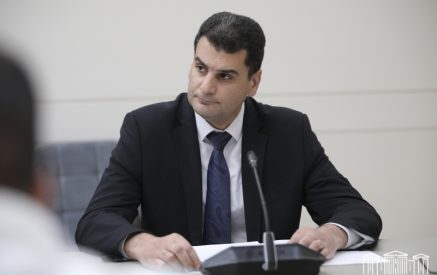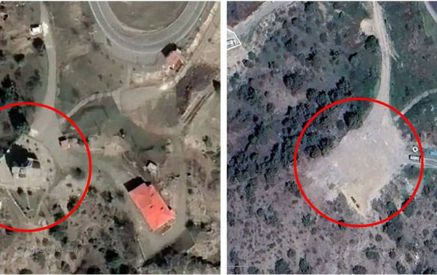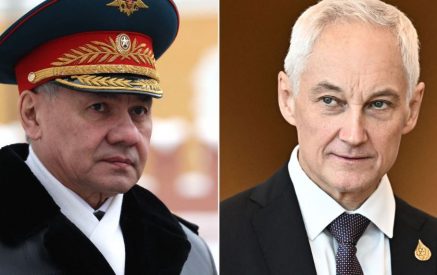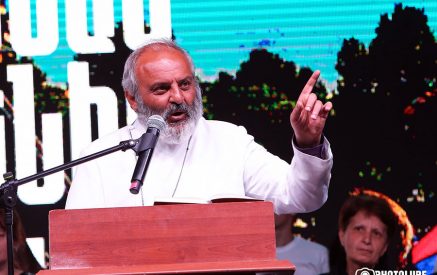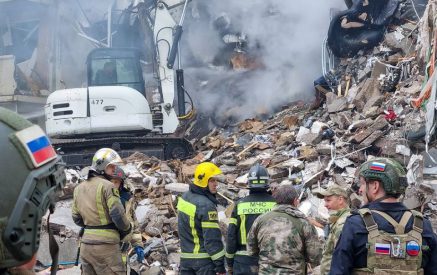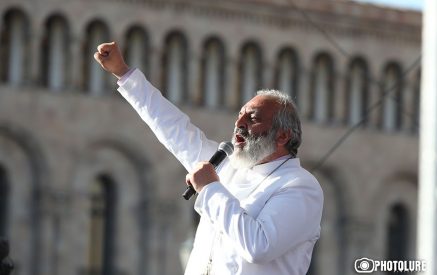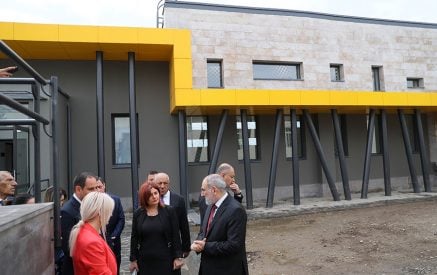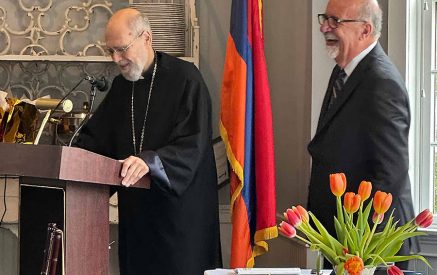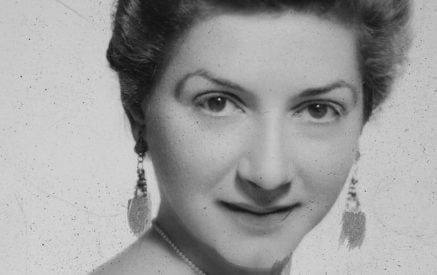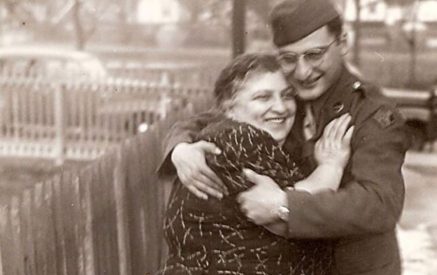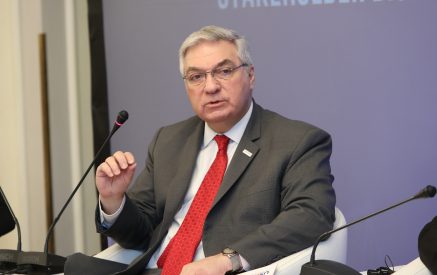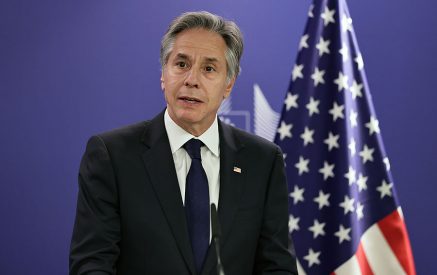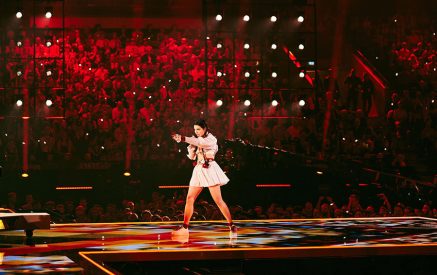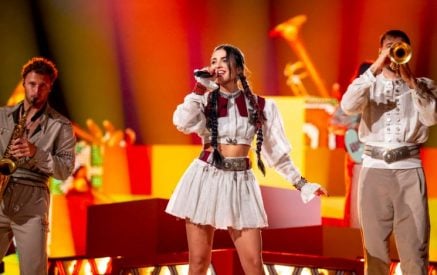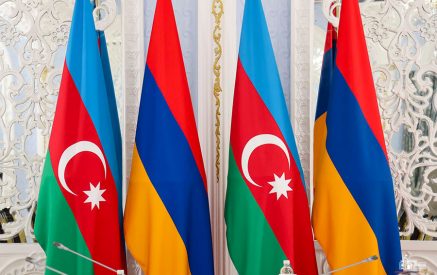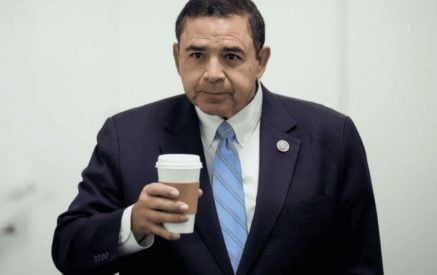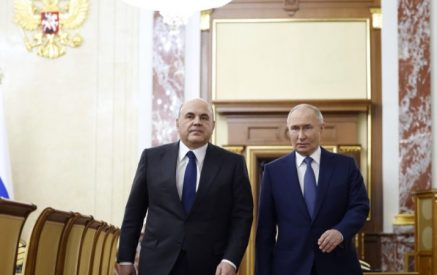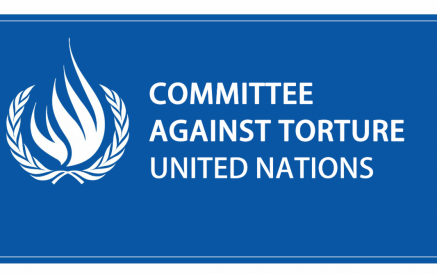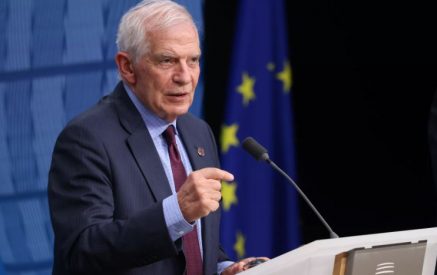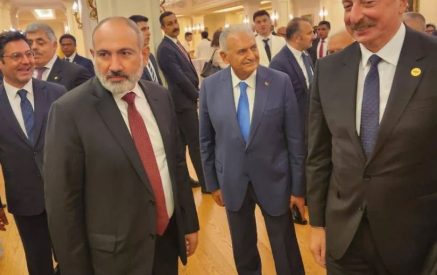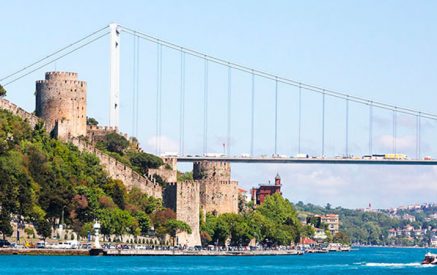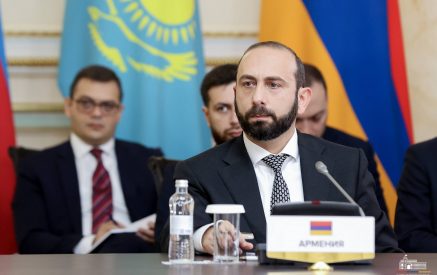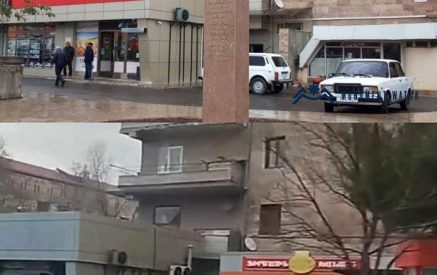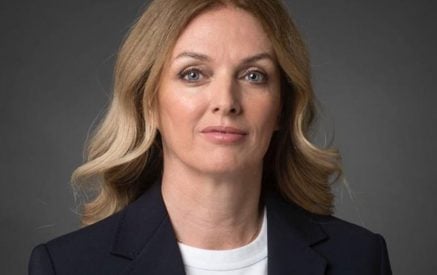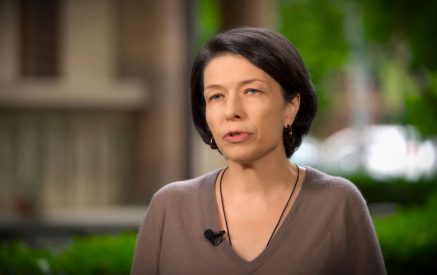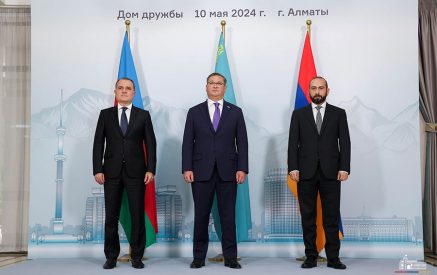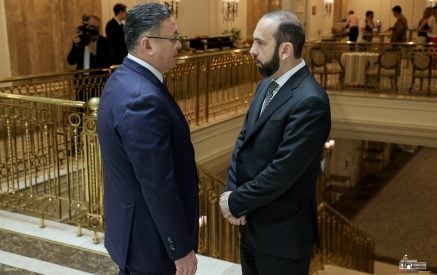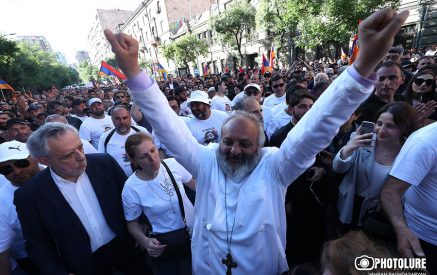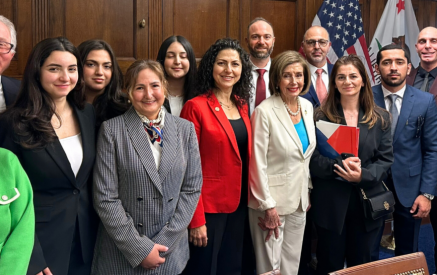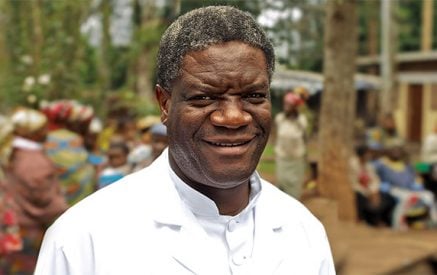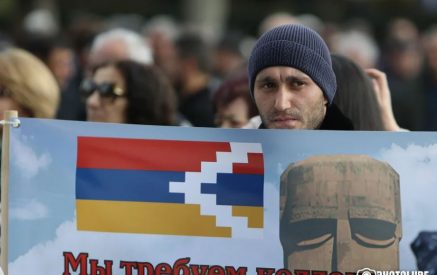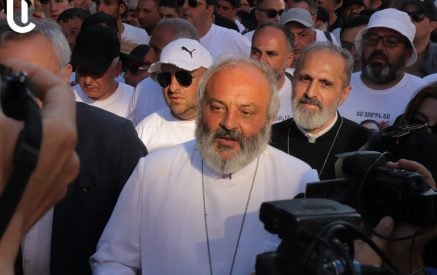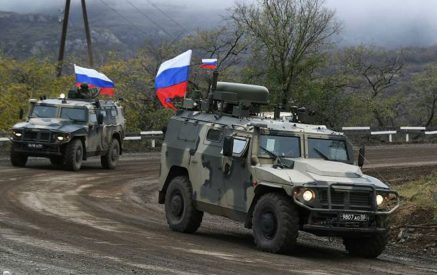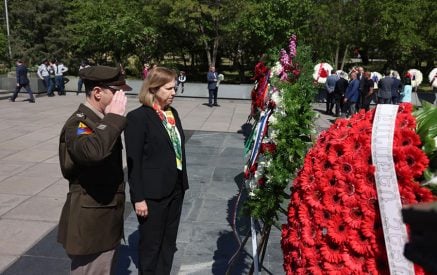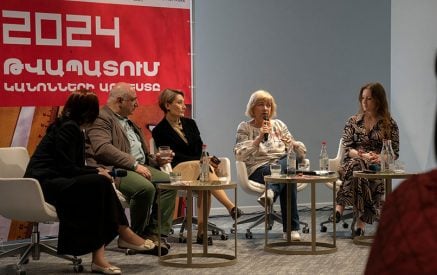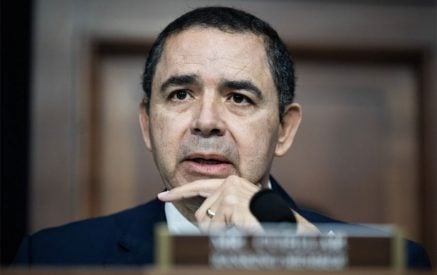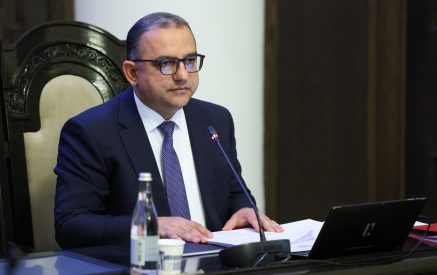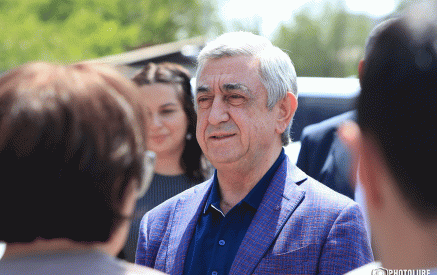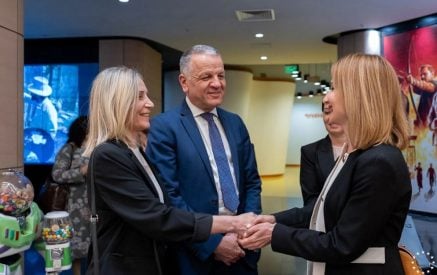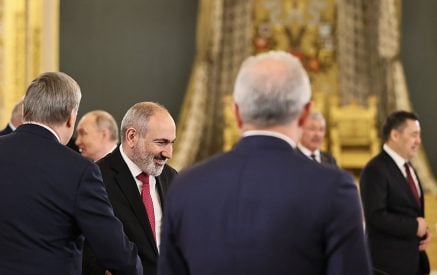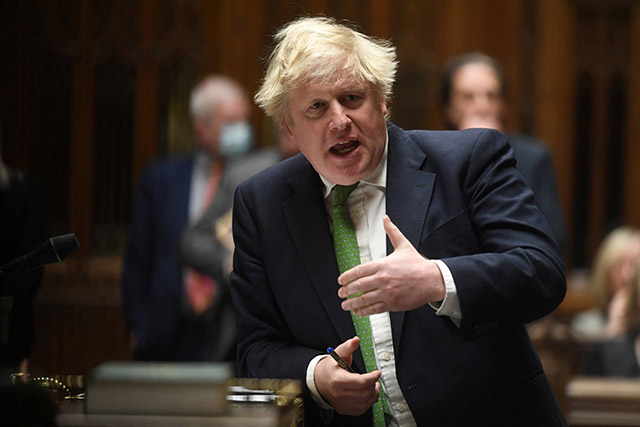British PM sets out wide-ranging new measures against Moscow in wake of invasion of Ukraine
The Guardian/ The UK will impose its “largest ever” set of economic sanctions on Russia, including pushing to end Russia’s use of the Swift international payment systems, freezing assets of all major Russian banks, limiting cash held by Russian nationals in UK banks and sanctioning more than 100 individuals and entities.
Boris Johnson has urged European leaders to agree that Russia’s use of the major payments system should be suspended, making the argument in a call with the German chancellor, Olaf Scholz, and in a meeting of G7 leaders. The move is likely to be resisted by EU countries.
Announcing a package of sanctions which Johnson had promised would “hobble” Russia’s economy, the PM said legislation would be laid on Tuesday to ban major Russian companies from raising finance on UK markets and to prevent Russia raising sovereign debt on UK markets.
Read also
The sanctions include more key oligarchs who will have assets frozen, though sources said that more names – including what they said would be more recognisable figures – would be released in the coming weeks.
The prime minister announced 10 measures the UK was taking immediately. The UK will freeze assets of all major Russian banks including VTB, the country’s second largest bank with assets totalling £154bn.
Individual sanctions will be imposed on over 100 individuals, entities and subsidiaries, including Rostec, the country’s biggest defence company, which exports £10bn in arms a year, as well as four other defence companies.
Oligarchs who will be sanctioned include Putin’s former son-in-law Kirill Shamalov, Russia’s youngest billionaire; Denis Bortnikov, the chair of VTB Bank management board; and Yury Slyusar, the director of the United Aircraft Corporation. The Russian airline Aeroflot will be banned from landing in the UK.
A diplomatic source said: “These are people who have international lifestyles. They come to Harrods to shop, they stay in our best hotels when they like, they send their children to our best public schools, and that is what’s being stopped.
“So that these people are essentially persona non grata in every major western European capital in the world. That really bites.”
The UK will suspend and prohibit all dual-use export licences to Russia, which covers items that could have civilian or military use. There will also be legislation to prohibit a wide range of hi-tech exports to Russia, including semi-conductors, aircraft parts such as Rolls Royce jet engines, and oil refinery equipment.
Number 10 said it would set out more detail in the coming days about new legislation to limit the deposits that all Russian nationals can hold in UK bank accounts, intended to choke off the ability of Russians to raise finance and keep their money in London.
Number 10 said it would extend a full range of measures to Belarus, which Russian forces have used to invade Ukraine, treating the country as subject to same sanctions regime as Russia. The final measure was a pledge to bring forward the economic crime bill, before Easter recess, aimed at making assets more transparent.
Johnson had faced criticism from across the political spectrum earlier this week for introducing a package of sanctions many MPs, including in his own party, felt were too weak. They included sanctions on five Russian banks, including those with links to the defence sector, and three individuals closely associated with Vladimir Putin.
Earlier the chair of the foreign affairs select committee, Tom Tugendhat, suggested the limited sanctions announced on Monday may have encouraged the Russian president.
“What that did, I’m afraid, was it didn’t deter, but encouraged, because it gave the suggestion or made clear that we weren’t willing to do anything serious,” Tugendhat told the BBC Radio 4 Today programme.
EU ambassadors met in Brussels on Thursday afternoon to discuss a major package of sanctions across the financial and energy sectors including export controls on key components.
The announcement followed an acrimonious meeting in Whitehall between the foreign secretary, Liz Truss, and Russia’s ambassador to the UK, Andrei Kelin. Truss ended the meeting early, according to sources, who said Kelin “spouted the usual propaganda” but that Truss was “having none of it” and told him he “should be ashamed of himself”.
The source added that the foreign secretary had told Kelin the international community would “rally around Ukraine” and that Russia had turned itself into “an international pariah”.
Some Conservative MPs called for the UK to increase military aid to Ukraine, including the former cabinet minister David Davis, who said the UK should consider providing air support to the Ukrainian armed forces.
Davis said that even the most “ferocious sanctions … are no longer a deterrent, they are a punishment” and that the invasion of Ukraine meant Vladimir Putin had “effectively declared war on the west”.
Alicia Kearns, a Conservative MP and former senior communications officer at the Ministry of Defence, said Britain providing defensive support in Ukrainian airspace should be “on the table and under discussion”.
Full list of planned sanctions
1. An asset freeze all major Russian banks, including VTB, the country’s second-largest bank, with assets of £154bn.
2. Legislation will be introduced to parliament on Tuesday, which will prohibit the ability of all major Russian companies to raise finance on UK markets, and for the Russian state raise sovereign debt on UK markets. The aim is to pass the legislation in one day.
3. A set of individual sanctions totalling over 100 individuals, entities and subsidiaries, when also counting the measures unveiled on Tuesday. The new targets include the Russian state-owned defence giant Rostec, its subsidiaries, and a group of oligarchs seen as particularly close to the Kremlin. These are:
Kirill Shamalov: Russia’s youngest billionaire, and Vladimir Putin’s former son-in-law.
Petr Fradkov: head of Promsvyazbank, one of the banks sanctioned, and the son of the former head of Russia’s FSB intelligence service.
Denis Bortnikov: chairman of VTB bank.
Yury Slyusar: head of Russia’s United Aircraft Corporation.
Elena Georgieva: board chair of Novikombank.
More people will be named in the weeks to come. The individuals will be banned from all UK transactions – meaning those with children in UK private schools will be unable to pay future fees. Relatives will not, however, be sanctions personally.
4. Immediately ban the ability of Russian airline Aeroflot to land in the UK.
5. Immediately, a suspension of all dual-use export licences to Russia. This covers items which could have a civilian or military use, such as electrical components and truck parts.
6. In the coming days, legislation to prohibit a wide range of hi tech exports, and the export of equipment connected to extracting oil and gas. This is being done in alliance with the US.
7. Looking into a way to limit the amount of deposits Russian nationals can hold in UK bank accounts. The details have to be decided, and also whether this will cover dual nationals.
8. A plan to work with allies to shut off Russia’s access to the Swift international bank system. This would have a major impact but can only be done effectively if other countries agree.
9. Extending the full range of sanctions to Belarus, given the integration of military between the nations.
10. The UK’s economic crime bill, which will strengthen areas such as unexplained wealth orders, will be brought forward. On Wednesday Boris Johnson had told MPs the bill would not be brought to the Commons this parliamentary session.

